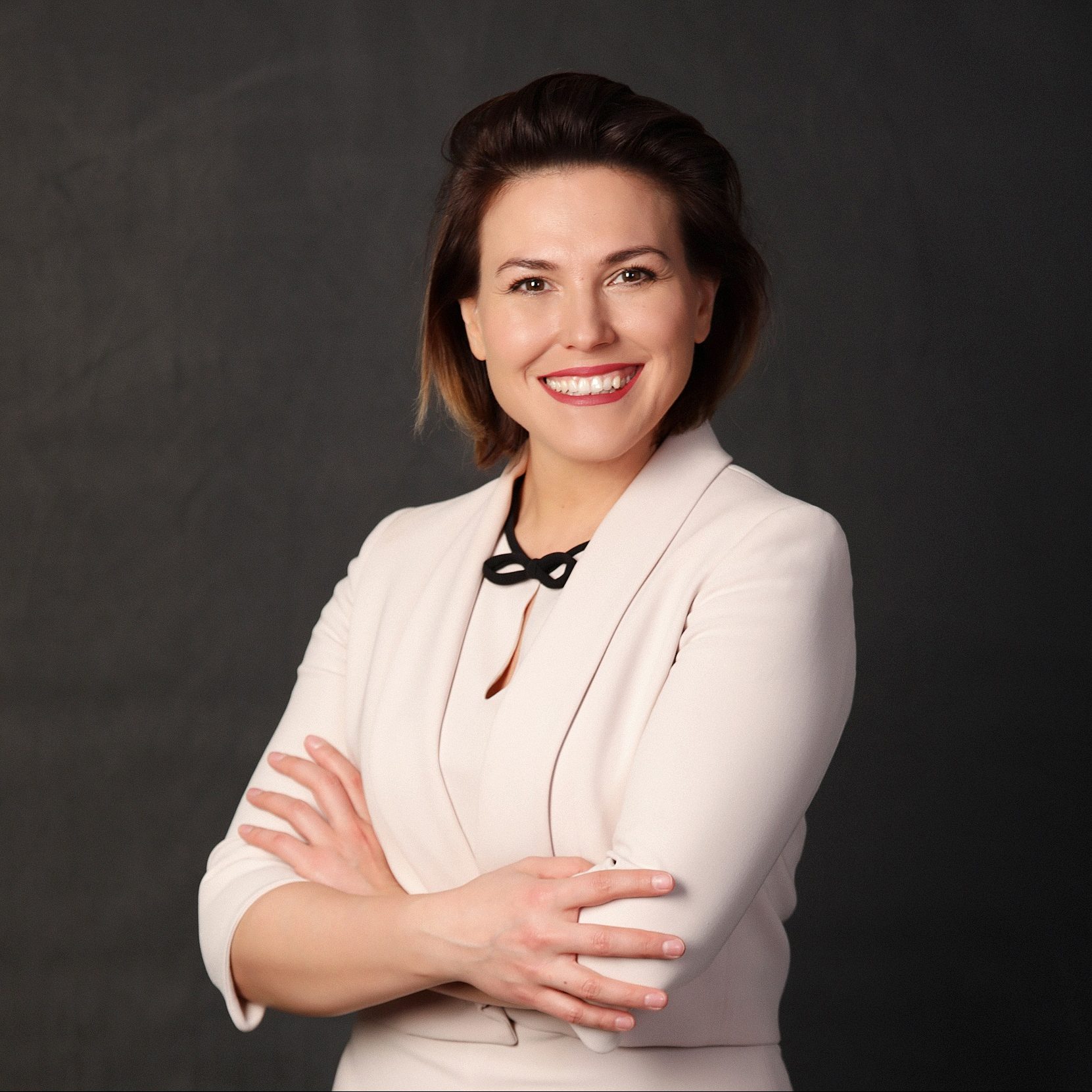Within the framework of the analytical partnership for the conference “International Expert Exchange 2021: Partnership for Development” (U-LEAD with Europe and VoxUkraine), we are publishing a special episode of the podcast “What about the economy?” with two community leaders: Rostyslav Bortnyk, head of the Berezhany community, and Ivan Kalashnyk, head of the Tomakivka community. The podcast was recorded in the conference’s studio in December 2021. The interview was conducted by VoxUkraine project leader Yuliia Mincheva. Listen to the full version of the podcast here.
Yuliia Mincheva: The Berezhany and Tomakivka communities work closely with the U-LEAD project, particularly in implementing accessibility and inclusion efforts and changing the philosophy of urban planning to make it more human-centered and easy to use. How difficult is it to promote this issue? What is a greater problem – funding or the need to explain to the team and residents why these projects are more important than others?
Rostyslav Bortnyk: It’s slightly easier for me to work on the accessible environment because I’m an architect. I lived, studied, and worked in Austria for 17 years. I built various social projects, including schools. That’s why I know well: the first rules of an architect are buildings’ fire safety and accessibility. These are fundamental things abroad. Each project usually takes into account the width of the doorway, the width of the corridors, and many other nuances. It’s different in Ukraine, and an accessibility-based approach, unfortunately, is not a priority. It’s rather something like: “We’re going to finish it one day. We’ll put up a ramp at some point.” No one thinks of a person in a wheelchair or a young mother pushing a baby stroller. Sometimes, these needs are eliminated from the budget altogether to save money.
That’s why I always insist at meetings of all levels that accessibility should be considered at the initial design stage. Unfortunately, projects co-financed by Kyiv also often fail to include basic things like elevators, ramps, the width of the doorways or corridors, the building’s status, etc. The central government must change its approach. I also call on my fellow architects to prioritize fire safety and accessibility. If you do everything according to the rules, the project may end up costing some 5% more. However, eventually, we’ll have to consider these norms and implement them.
Yuliia Mincheva: In this podcast “What about the economy?”, we’re talking about accessibility and inclusion since they enable more people living in Ukraine to participate in the workforce. And if more people are employed, this means higher levels of everyone’s well-being. People with disabilities or special needs also work, pay taxes, create value added, provide services, and spend the money they earn to stimulate the economy. Hypothetically, if more mothers with children go to a cafe because it has a ramp, then the ramp will pay off faster.
Rostyslav Bortnyk: The situation with entrance ramps is very problematic. On the one hand, the state simplified the process for installing them for companies or shops/restaurants. Yet it doesn’t pay attention to the design, and ramps are often built without complying with existing rules, and people cannot use them.
Ivan Kalashnyk: In our community, when we do renovations, we ask people with disabilities to give us their feedback. For instance, when we were repairing sidewalks or building curbs, we took into account the comments received from a local resident on lowering their height so that wheelchair users could use them. We considered all these aspects in our bigger project of creating a park at the expense of the regional budget.
Yuliia Mincheva: How do you work with new buildings and old houses? How much influence do you have over the buildings’ owners? Can you go to a local business owner and say, “You have four steps here. That’s not normal. Please build a ramp which people could use.”
Ivan Kalashnyk: Right, we do have a huge number of communal facilities that are still not accessible. We decided to lead by example. Last year, we introduced licensing for ramps, but it’s pretty much hypothetical licensing, which, unfortunately, doesn’t help make those ramps truly convenient for people. In our opinion, this task and authority should be delegated, say, to NGOs caring for people with disabilities so that they can license ramps and provide recommendations. Of course, we build communal facilities according to state regulations, and we can’t build whatever we want. However, we start to face problems when a facility is, say, 60 years old, and there’s a 60 cm wide entrance vestibule inside. That is, if something needs to be added to the local outpatient clinic, the clinic itself needs to be rebuilt.
Ivan Kalashnik: If a facility is abandoned or moved to another place in the village, it turns into ruins or a public toilet. We have many difficulties with this, and we haven’t yet found a way out of this situation. So we keep on looking. Sometimes, we use non-standard solutions. Once, we needed to build a ramp with a certain slope angle near the pharmacy, which was impossible under those conditions. So we built an elevator instead. The cost was about UAH 50 thousand, with equipment.
Yuliia Mincheva: Rostyslav, what is your ATC’s experience? How do businesses react, and do you use any incentives to encourage accessibility?
Rostyslav Bortnyk: I agree with Ivan. It’s very hard to talk to private businesses or persuade them about accessibility. We have no practical influence. We can only hope for their responsibility. For instance, we had a situation in a remote village with no paved roads. The local outpatient clinic is on the second floor. We considered the option of using a mobile lift platform, but where there’s no good infrastructure around, such an elevator would look strange. We addressed the issue differently by redesigning the entryway. Therefore, each situation should be examined deeply. It’s very important to educate, give examples of successfully implemented projects, communicate with people to show how people and businesses can benefit.
Yuliia Mincheva: Accessibility is not just about getting through or getting somewhere. It’s a matter of communication, social interaction, engaging all citizens regardless of gender, age, the presence or absence of a disability. How do you communicate?
Rostyslav Bortnyk: Not everything is so bad in our country, but the social sphere is still perceived as a problem. We remember the times when people with disabilities or special needs were shunned, concealed, and considered “outcasts” in society. The perception problem is already receding, but a lot still needs to be done, especially in small towns and villages. We have scary stories of twins born into a family, one of whom had a disability, and they kept him in a barn not to show him. When I studied abroad, I saw many students with disabilities, and they could easily move around using the city infrastructure and get a job. I never saw people with disabilities begging on the streets of Europe because the state provides them with a complete social package and a full opportunity to live. We have a slightly different situation, although it’s changing. I’m proud to watch the Paralympics, where our Paralympians have notable achievements. They train daily. Using public transport or going to the store is a challenge, and they adapt to do this easily. The pandemic changed the labor market, enabling us to work and learn from home. We can now provide people with more opportunities to develop in a new profession. We must create and support such initiatives.
Authored by Maryna Bohun. Special thanks to VoxCheck intern Anton Klymenko.
Attention
The author doesn`t work for, consult to, own shares in or receive funding from any company or organization that would benefit from this article, and have no relevant affiliations



